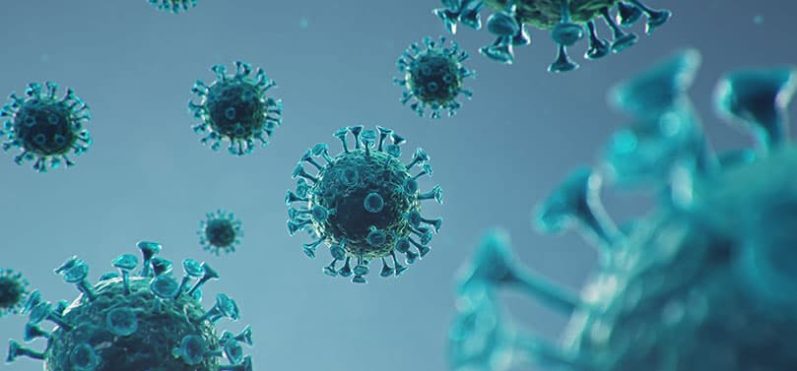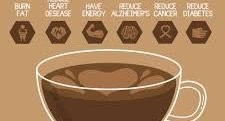COVID-19 pandemic has changed the world forever. To assess the situation and lessons learned from our experience dealing with the COVID-19 pandemic which had an economic impact, job loss, business loss, such as restaurants, gyms, entertainment, movie theaters, ..etc. They were replaced with contactless delivery of food, home workout equipment, in-home entertainment with many choices for streaming movies.
Sadly, there has been a sharp rise in mental health problems such as stress, anxiety, depression, and even suicide. There has been a sharp increase in alcohol consumption especially among middle-aged females, drug abuse including opioids fueled by the sense of helplessness and loneliness. Seniors were also among the vulnerable group that got adversely affected due to limited access to technology to order food, medicine to have them delivered, and the physical limitations from many chronic diseases that added to their challenges to navigate their daily life needs during a long pandemic more than a year so far.
There are many people who recovered from coronavirus infection and tested negative but continued to have symptoms of fatigue, shortness of breath, mental fog, inability to concentrate.
No one knows how long the immune response would last after Full successful vaccination and how the rise of multiple variants of COVID-19 infection would affect the immune response and protective effects. Coronavirus infection can have adverse effects on all body systems and many patients have developed persistent symptoms more than 6 months after their recovery from coronavirus infection which include fatigue, chest pain, shortness of breath, palpitations, and diffuse body aches.
This will bring the issue of strengthening the immune system as the core sustainable long-term strategy to combat any viral, bacterial, fungal, or protozoal infection. Thus, high-risk groups with a weak immune system would include HIV infection, patients taking immunosuppressive therapy such as chemotherapy or steroids, or diabetics who have to be identified early and targeted with measures to boost their immune systems.
Improve quarantine measures to be faster and safer. Improve funding for protective devices locally and globally to prevent the spread of infection. Mass education with clear simple daily briefing, avoid confusing or contradictory messages, and take the politics out of the science. Let the doctors and experts lead the effort. Improve nutrition, personal hygiene, start early testing, and contact tracing. Put emphasis on primary care and provide technical support to primary care facilities as well as to specialized care ( Intensive Care ) if needed while patients are hospitalized.
Improve laboratory safety to prevent the spread of lethal organisms which could be transmitted from humans or animals. Safe and effective vaccines would be important as an immediate response but the long term would still be focused on building a strong immune system. All logistics should be available including staff, supportive technology( blockchain), public education, advocacy, and serving the most vulnerable groups first. Sharing resources when limited successful interventions should be implemented immediately without going through the bureaucracy avoiding delays to benefit as many people as possible and prevent the spread of infection to a new location with a new strain. COVID-19 could become endemic and be a seasonal nuisance that would give symptoms of cough, running nose just like any other viral illness.
The bottom line here is to take care of your immune system and keep it strong enough to fight any invading pathogen!
- Dr. Adel Eldin, MD, FACC, FACP, MBA, GGA
- Board Certified Cardiologist
- Founder, CEO
- Affordable Quality Healthcare Program
- www.prontocare.co
- Founder, CEO
- www.floridamedicaltourism.com
- Wesley Chapel, Florida
- Tel: 877-DR ELDIN









